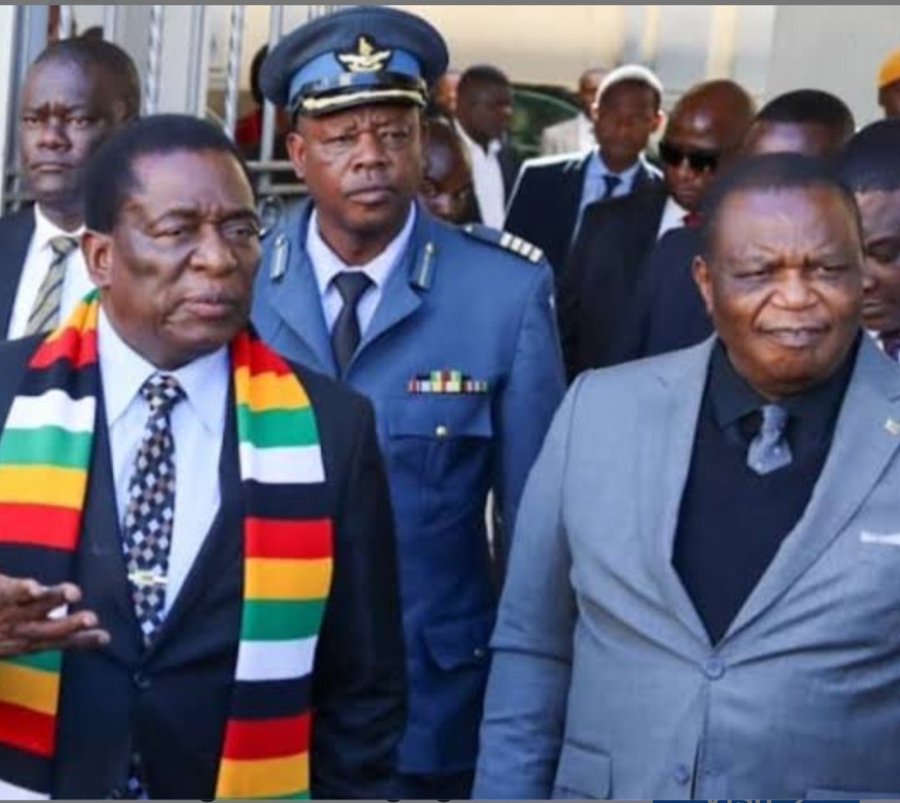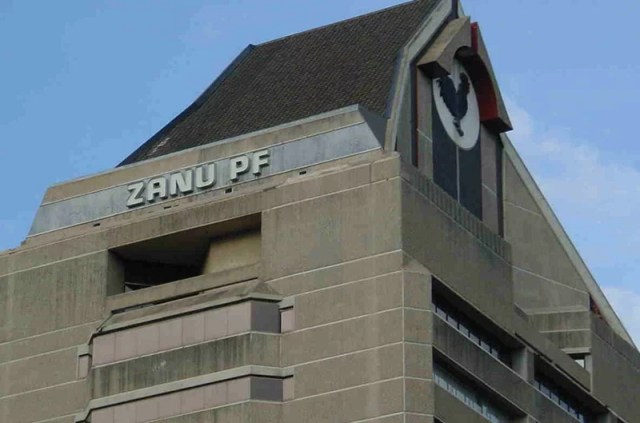CHIEFS PAID MORE THAN TEACHERS AND NURSES WHILE CRITICAL SECTORS SUFFER
In Zimbabwe, a surprising decision has been made by the government to pay chiefs more than workers in essential sectors like health and education. This has raised questions, especially as the country faces many challenges, with many professionals leaving for better opportunities elsewhere. The chiefs, who do not play a key role in development or saving lives, will be paid over five hundred US dollars each month, while the health and education sectors continue to suffer.
It seems strange that the government is giving more priority to chiefs than to doctors, nurses, and teachers. These sectors are vital for the future of the country, but they have been ignored for too long. People working in hospitals and schools are leaving Zimbabwe because they feel neglected. Their problems are not taken seriously, and the government seems more interested in paying chiefs than solving the real issues facing the nation.
The chiefs, who have little to do with improving the country’s development, are being paid a lot of money. Meanwhile, schools and hospitals are struggling to stay open. Teachers and nurses have been fighting for better pay, but they are still waiting. This unfair situation is causing a lot of frustration among Zimbabweans who rely on public services.
It is also strange that chiefs are not being paid in the local currency, which has lost its value. Instead, they are being paid in US dollars, which is more valuable. This makes people wonder why the government is using a foreign currency to pay chiefs while the rest of the population is stuck with a weak local currency. Even the government’s gold coins, which were meant to solve some of the country’s economic problems, have not worked as planned.
To some, this payment of chiefs is seen as a way for the government to gain support in future elections. Chiefs are being paid well to ensure that they help the government win votes in rural areas. These areas are home to many poor and struggling people, and the government seems to think that paying chiefs will help secure votes from these communities. The chiefs, who have a lot of influence in rural areas, might use their power to convince people to vote for the government.
However, this plan seems unfair to many Zimbabweans. The chiefs are being paid more money, while the government fails to address the needs of its people. The real problems, like poverty, poor healthcare, and lack of education, are being ignored. The people who work hard every day to save lives in hospitals and teach children in schools are being paid less than the chiefs, who do not contribute in the same way.
The government’s decision to pay chiefs more than health and education workers is another example of how the system is failing the people. While the chiefs enjoy higher salaries, teachers, nurses, and doctors continue to struggle. The public education and health sectors are losing their best workers because they are not being treated fairly. Without strong healthcare and education, the future of Zimbabwe looks uncertain.
The country needs more attention on fixing the real problems. The government should focus on paying fair wages to workers in the health and education sectors. These sectors are essential for the development of the nation, and without them, Zimbabwe will not be able to move forward. Instead of paying chiefs large sums of money, the government should invest in improving schools and hospitals so that people can get the help they need.
As Zimbabwe faces more challenges, the government must make better choices. Chiefs should not be paid more than teachers and nurses who are the backbone of the country. The focus should be on solving the country’s biggest problems, like poverty and lack of healthcare. The people of Zimbabwe deserve better, and the government must start prioritizing the needs of the people instead of paying those who do little to help the country’s development.

